Past Forward
2011 – 2012
China's economic growth during the past years has reached records. The country should face important social mutations. The Past Forward series is about this new generation of Chinese, without brothers and sisters, that experiences individualism and leisure society. It also evokes the transformations of the landscape that go along with this evolution.
China recently launched the world's fastest train, linking Beijing and Shanghai with only five and a half hours of travel. The country's economic growth during these past few years is barely slower. The way of life, tastes, and aspirations of the population have been turned upside-down.
I thus set about photographing the Chinese during their everyday goings-about—at work but also, and especially, during their free time. Now affordable for a larger number of individuals, pastimes possess an increasingly important role in the Chinese schedule and aid in subtlety yet relevantly defining the direction that China has decided to take for its future. A future that is interwoven with better and worse.
The notion of a compact crowd of one billion Chinese acting as one is gone. Today's China is experiencing individualism—with chic, one-generation housing and nuclear family vacations. The "80s generation,"—the first to be deprived of brothers or sisters—aspires to cultivate its individuality.
In my images there aren't any crowds but people enmeshed in their singularity and diversity, but who often conceal their faces, becoming parts of anonymity and the stereotype of success at any price. Because the hopes and dreams of two generations of ancestors are present within each individual.
To freeze a reality that transforms as quickly as a Bullet train may seem vain. But in a country where the heritage and traditions from the past are either destroyed and replaced by buildings and luxury commercial centers or defined and constructed as if they were a sort of Disneyland— this project proved to be an obvious necessity for me.
Tomorrow everything will have changed in China. It's a country where a metro station can be constructed in a matter of several weeks, and where a neighborhood can be quickly destroyed with a bulldozer's blow. It's almost too late for Beijing's ancient hutongs. The aggressive urbanization erodes the countryside a little more each day. The urge to record concerns also the land. I didn't try, however, to hunt down the traces of a long-gone past. The present is what interests me, with all of its antagonisms.
In all of these images, there isn't any staging or direction—only that of chance. I enjoy gathering images where they present themselves. And I delight in photography's own magic, which—at an unexpected moment, or sometimes after a gratifying wait—can make everything position itself so perfectly in front of the lens.
Past Forward is thus a poetic stroll guided by my reflections and questions about China, which I met during a transitional period in its history.
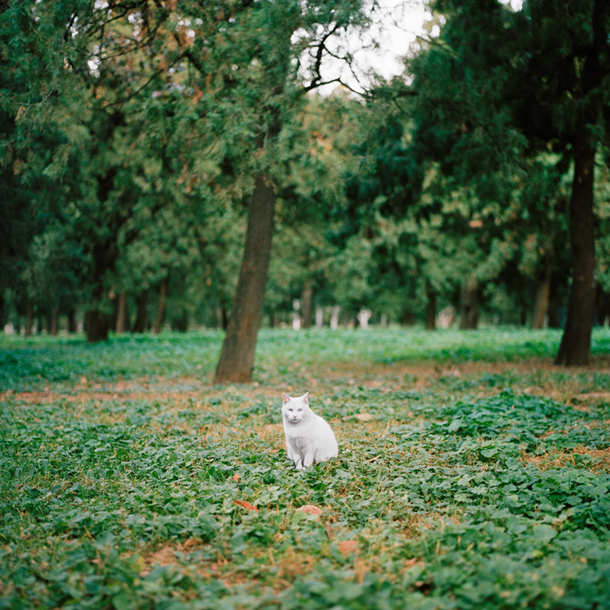 |
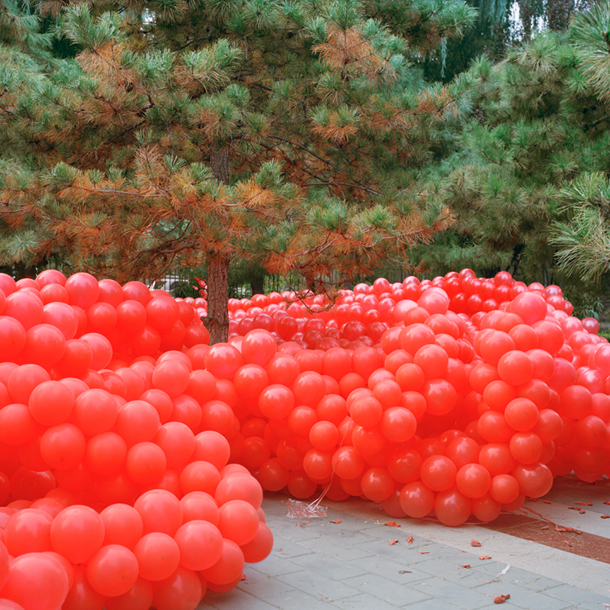 |
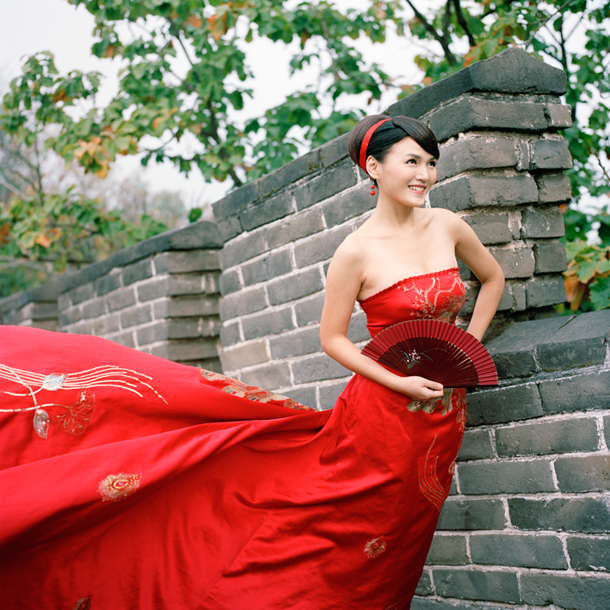 |
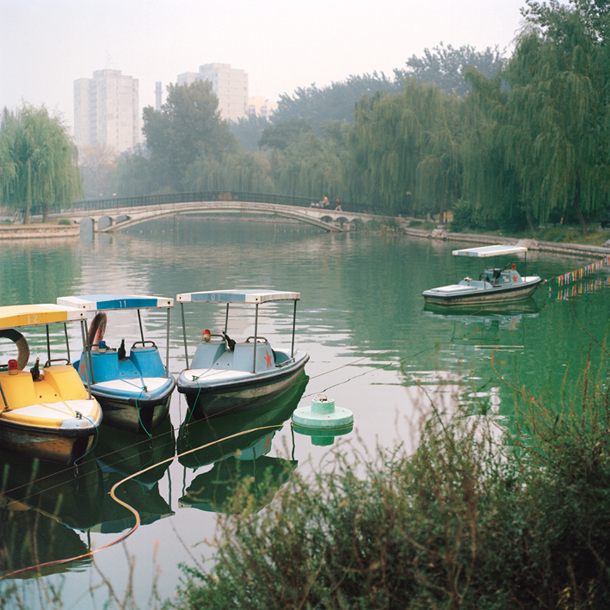 |
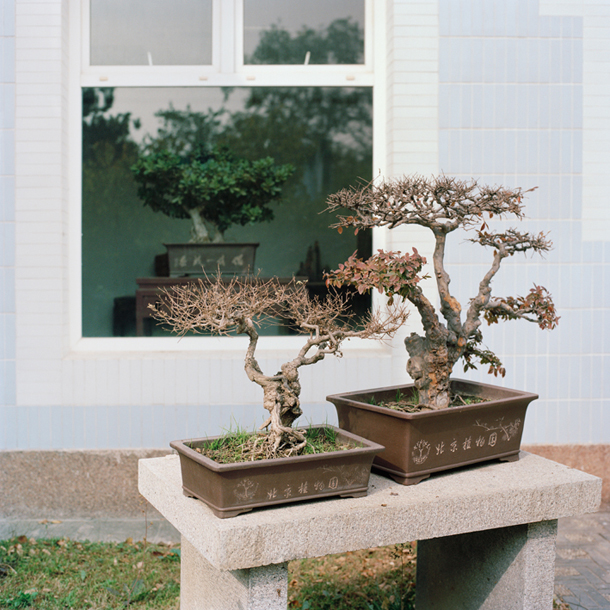 |
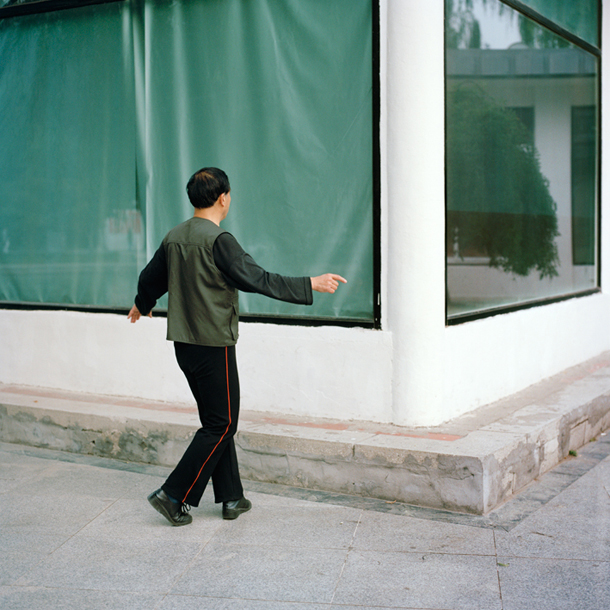 |
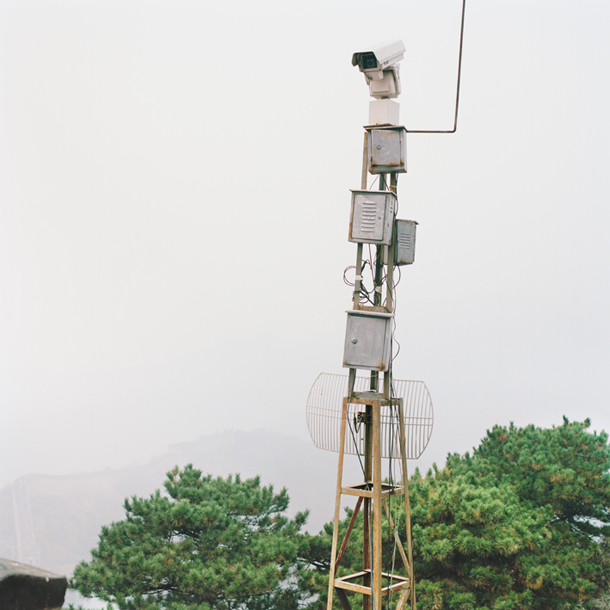 |
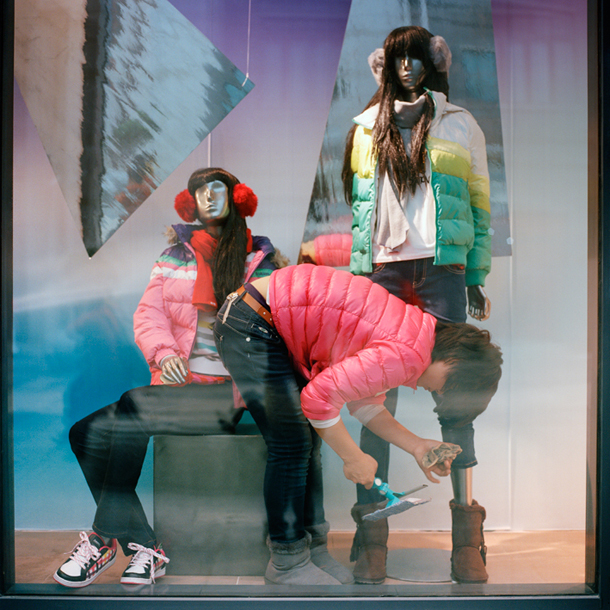 |
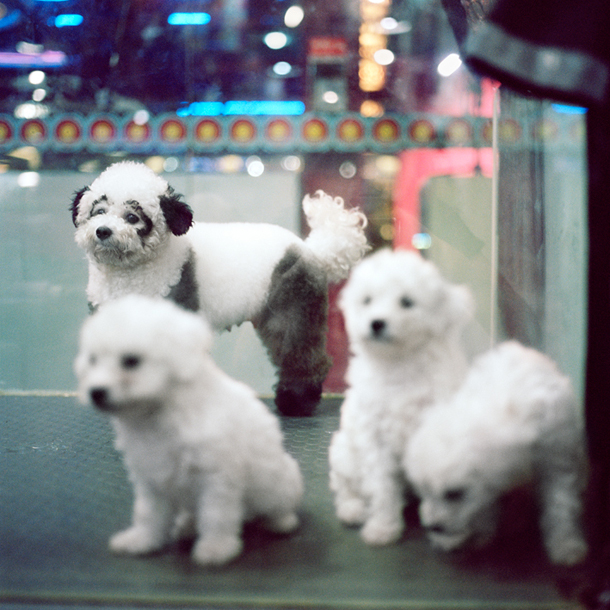 |
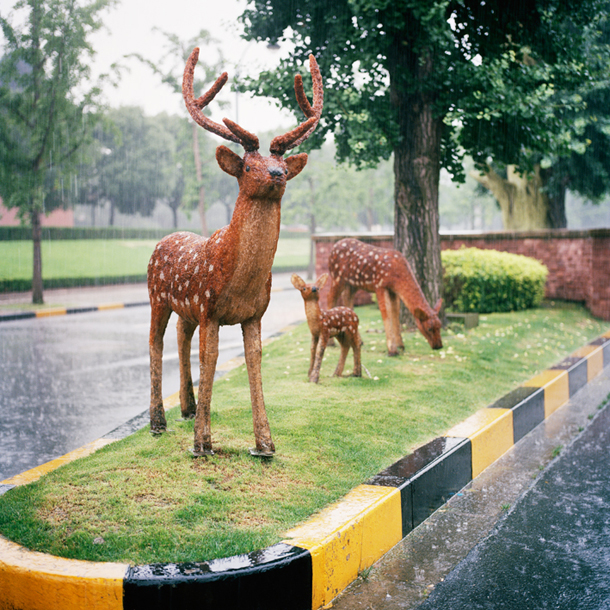 |
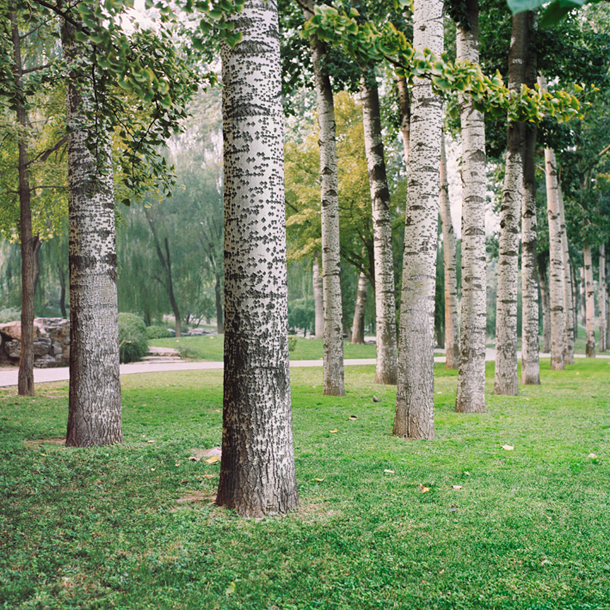 |
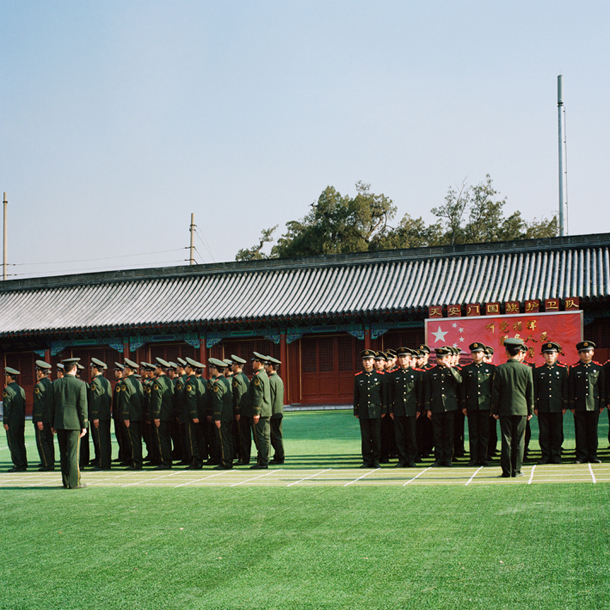 |
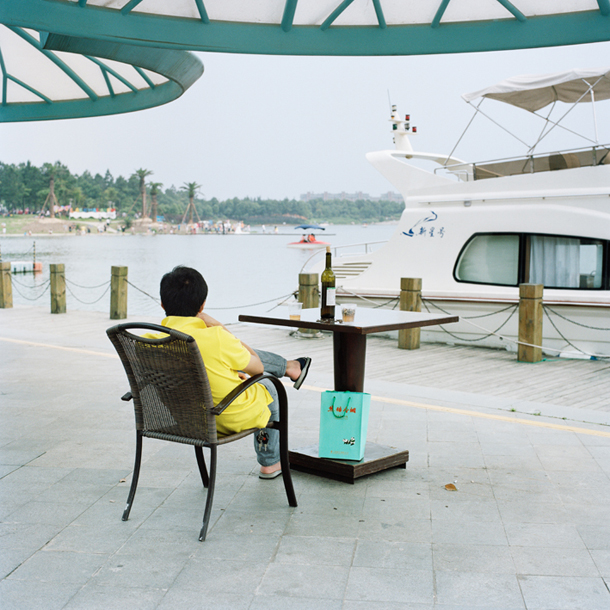 |
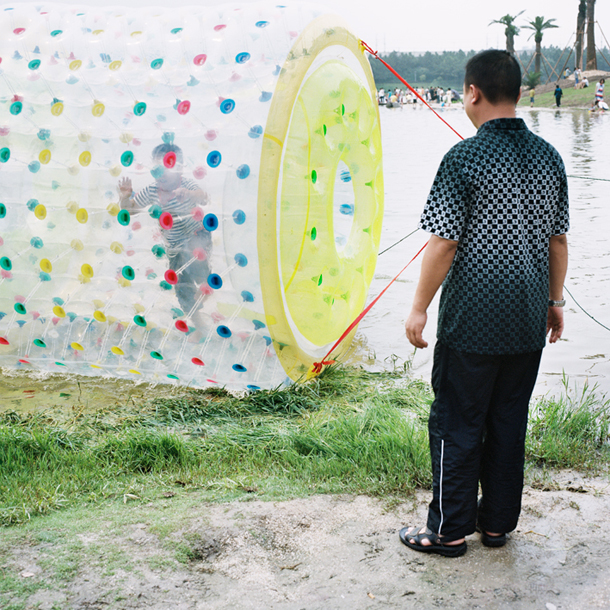 |
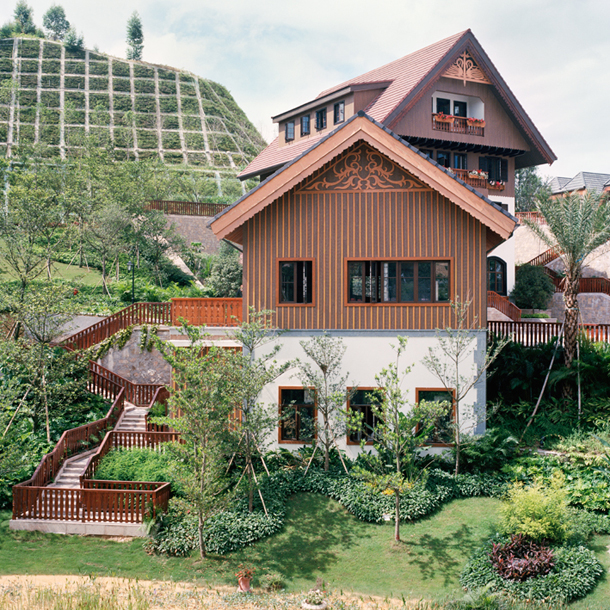 |
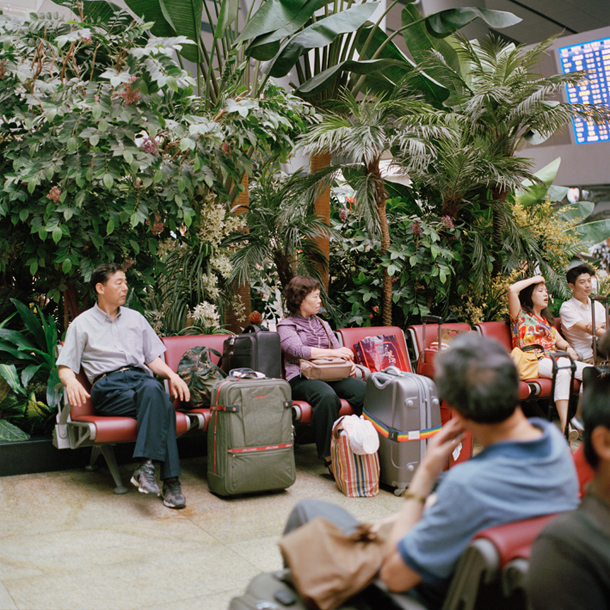 |
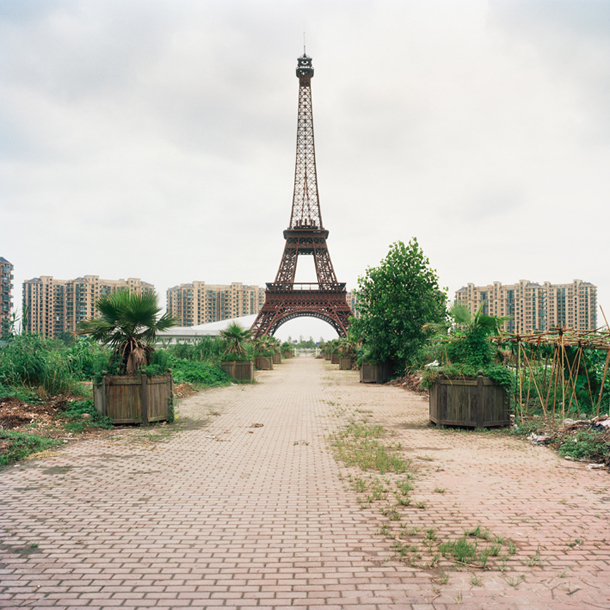 |
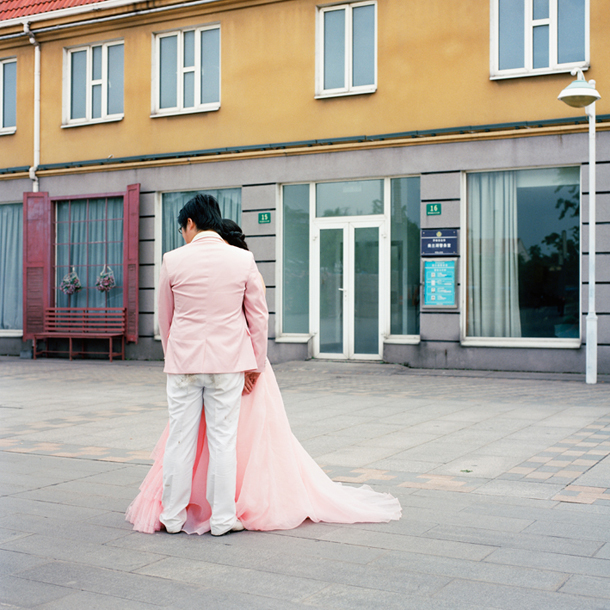 |
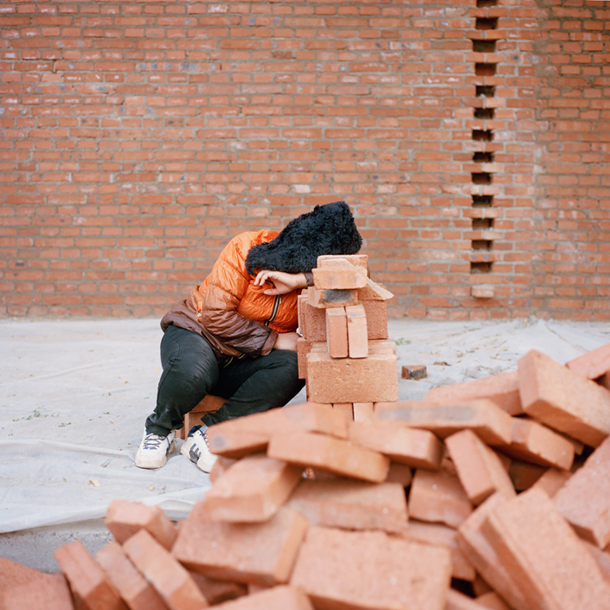 |
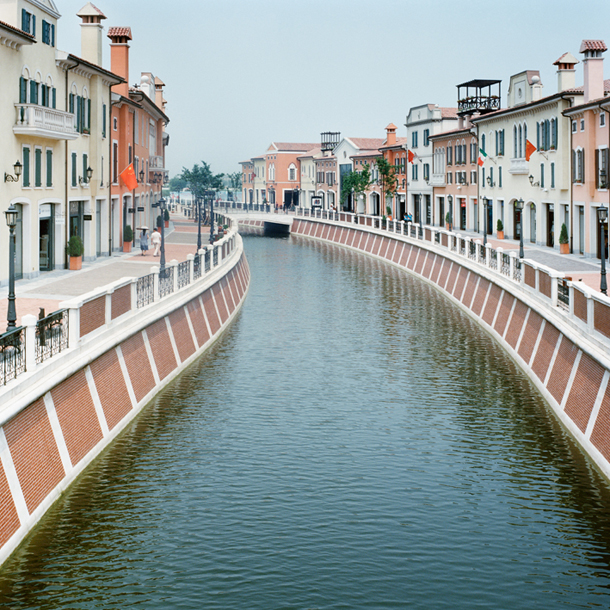 |
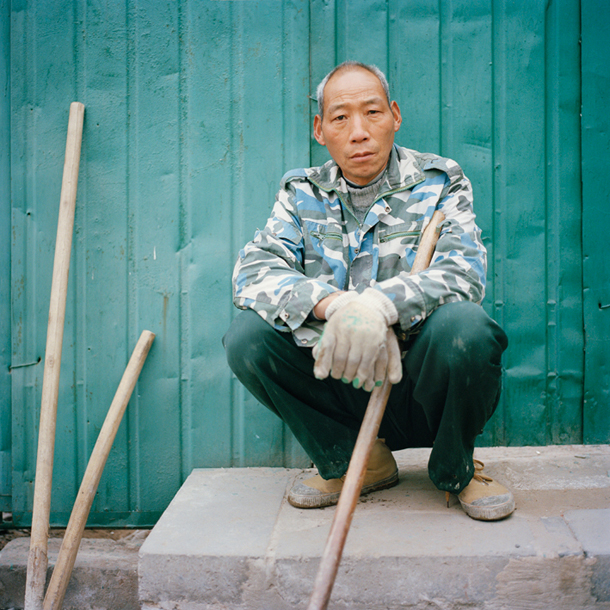 |
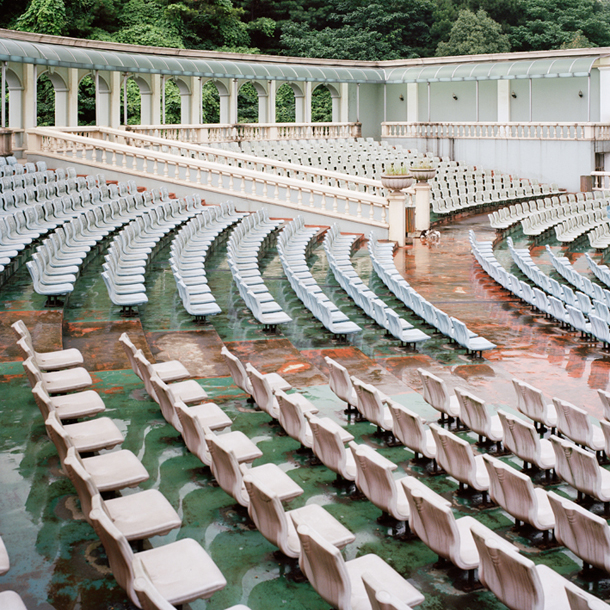 |
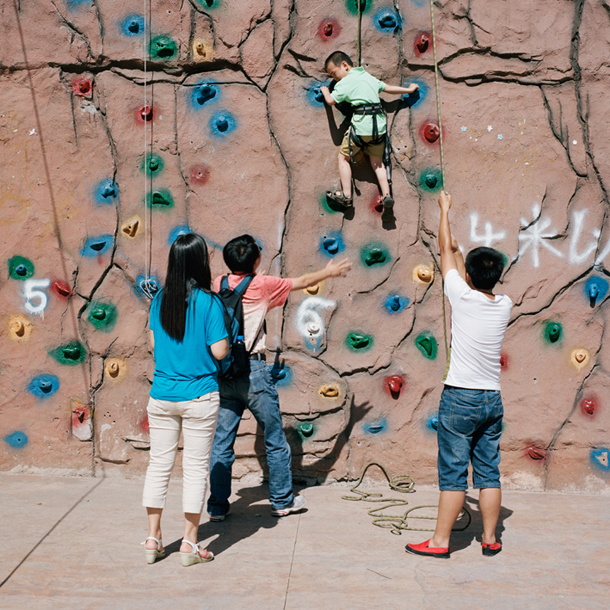 |
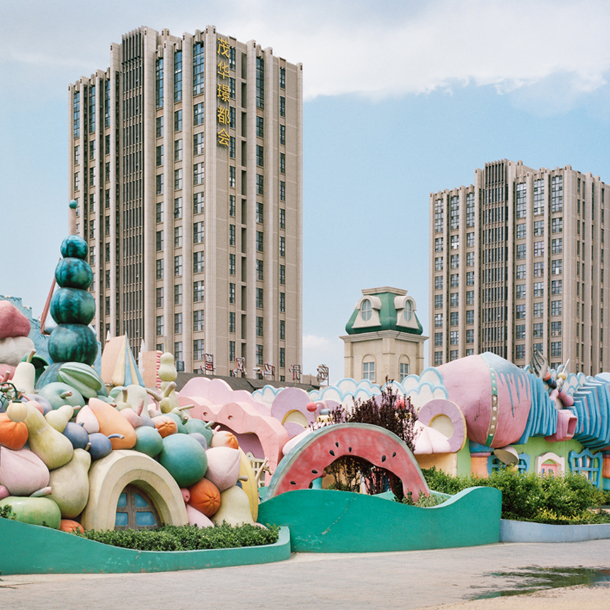 |
 |
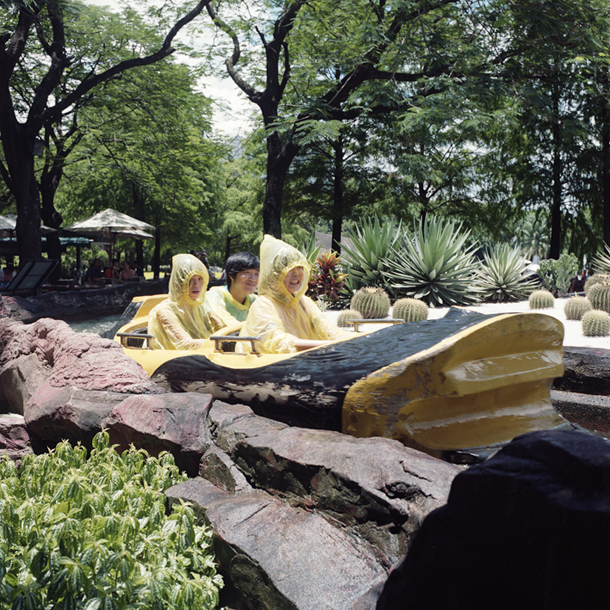 |
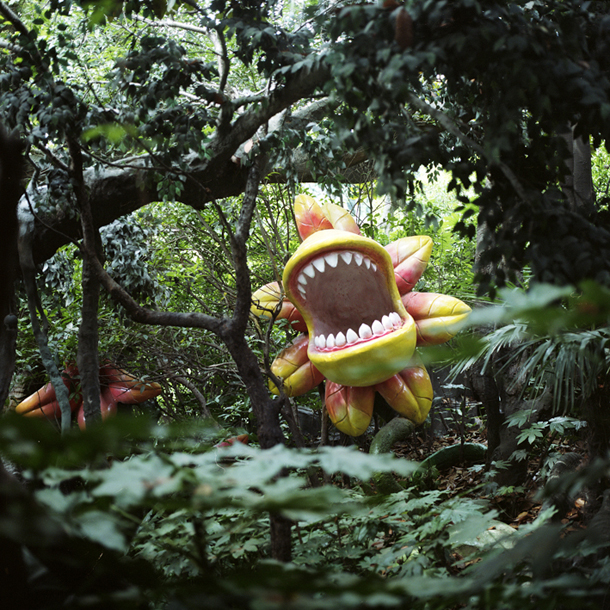 |
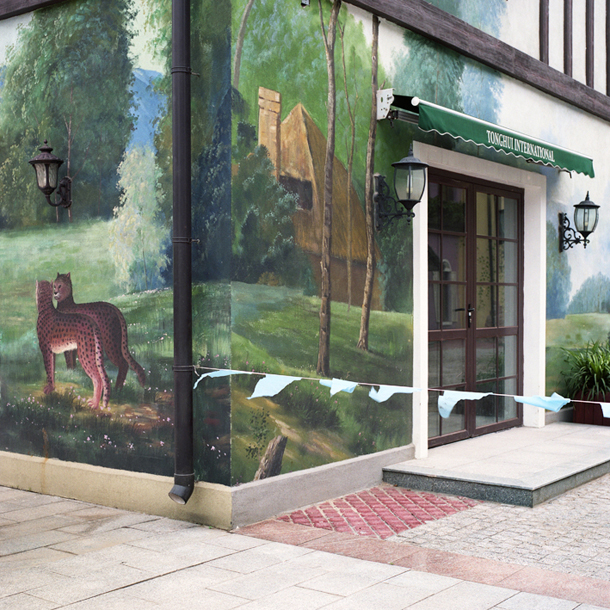 |
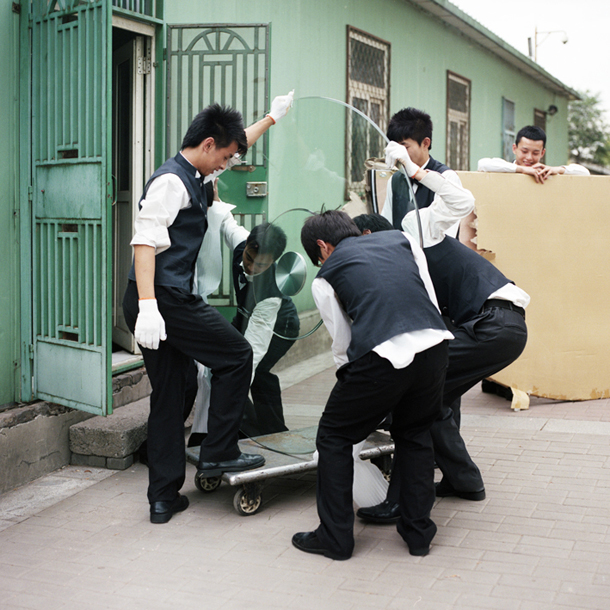 |
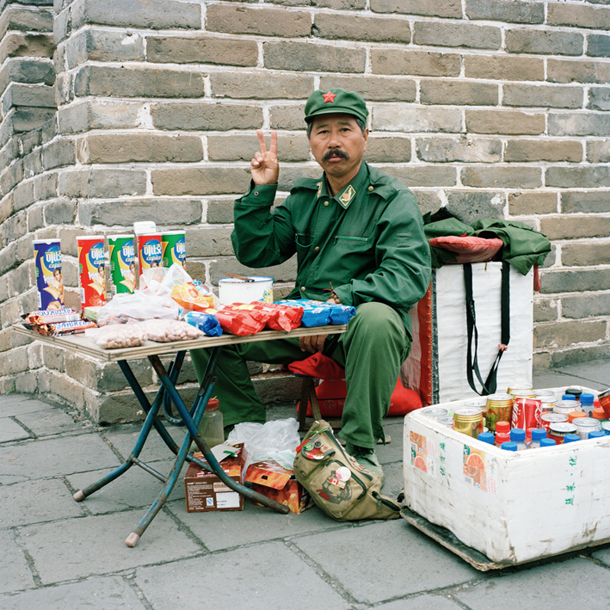 |
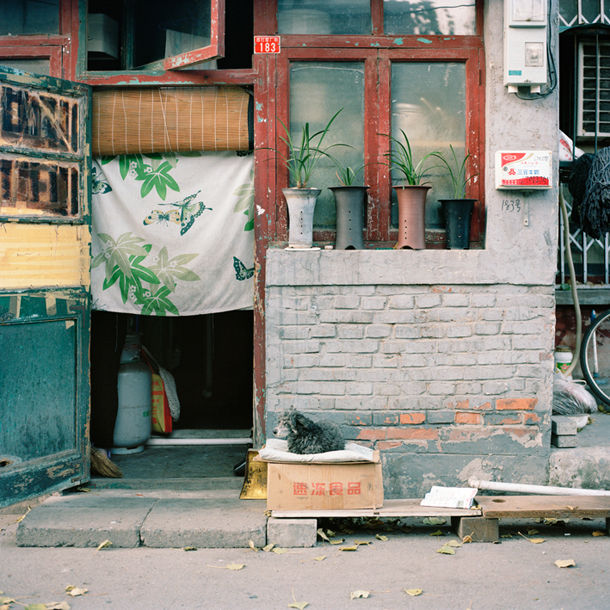 |
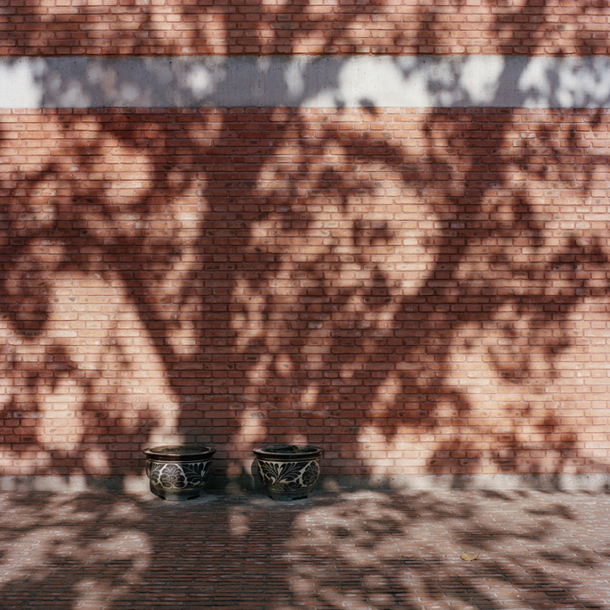 |
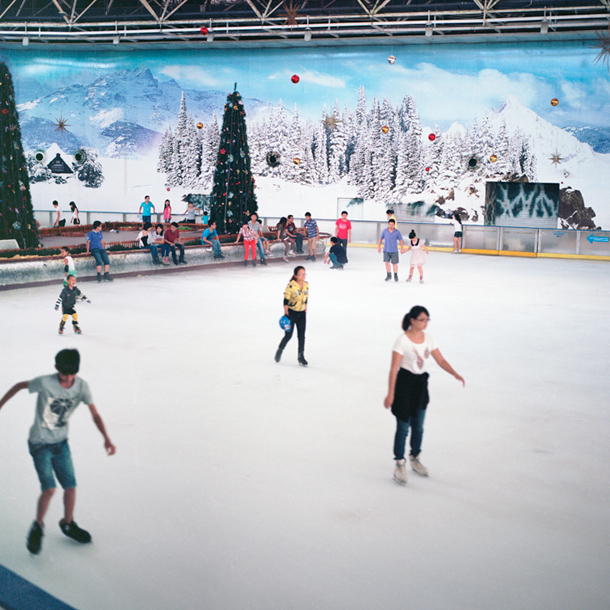 |
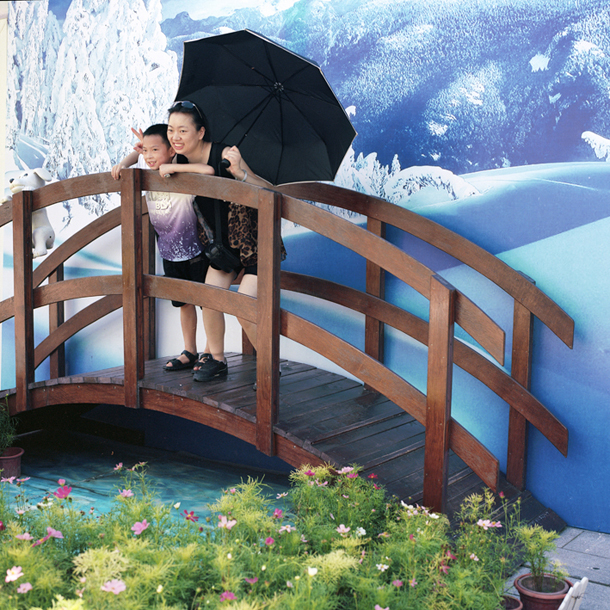 |
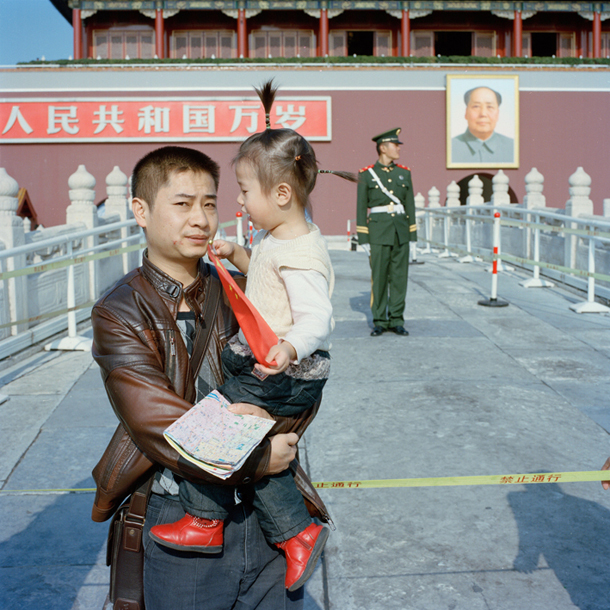 |
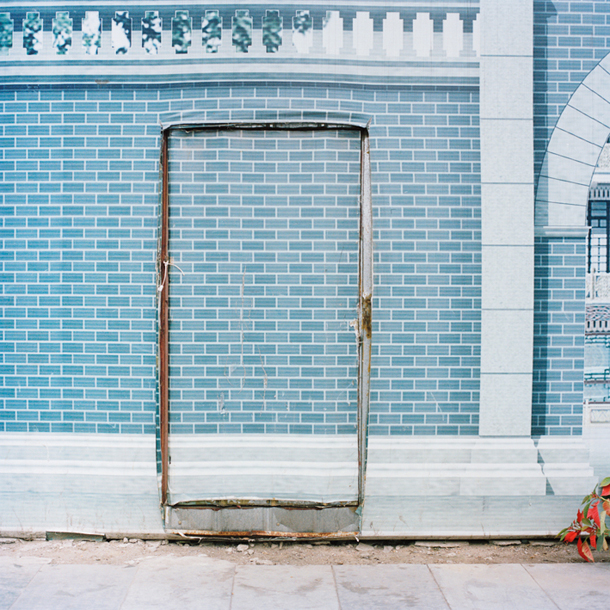 |
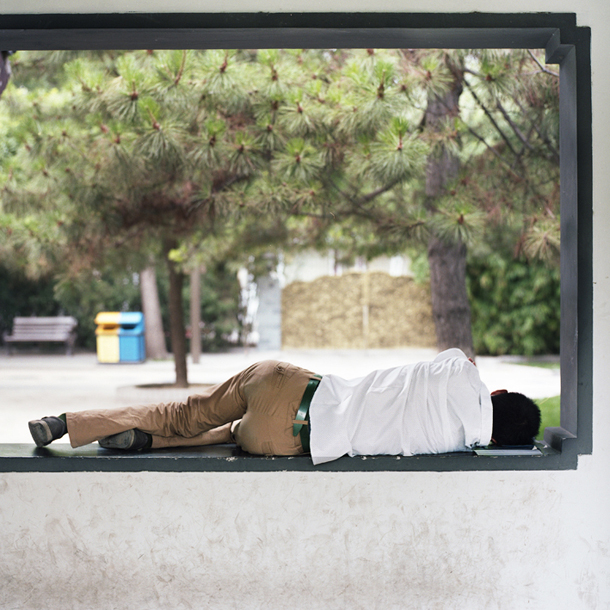 |
